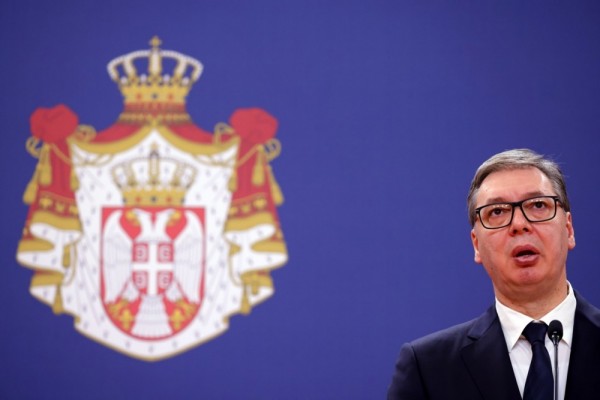What are the keys to defending independent public broadcasting in Europe? The director general of the Austrian public broadcaster ORF, Alexander Wrabetz, shared his thoughts at the IPI World Congress on September 17.
In several EU member states — Hungary and Poland are the most prominent examples — nominal public-service broadcasters have long since become propaganda machines for ruling parties. While ORF remains a trusted media organization, reaching 90 percent of the Austrian public daily through its television, radio, and online platforms, concerns have been raised recently about its future, too. A single political party, the Austrian People’s Party (ÖVP), currently has a majority in ORF’s supervisory board, which elects the director general. Wrabetz, in office since 2007, recently lost his bid for re-election to a candidate favoured by the ÖVP.
Please accept cookies to access this content
Wrabetz highlighted three key pillars to defending the independence of public-service broadcasting. The first, he said, was ensuring independence from the state. “One has to think about setting up a new form of checks and balances”, he said in reference to ORF’s supervisory board. “The more diverse the governing body is constituted, the better it is for the independence of journalism.”
The second is strong statutory protections for journalistic independence. Journalists at ORF enjoy relatively high protections, which are anchored in the Austrian constitution.
Thirdly, he said, “safe, sufficient, and independent financing has to be safeguarded”. ORF currently receives about two-thirds of its funding through the public via licence fees and one-third via income from advertising. Wrabetz warned against efforts to eliminate the licence fee, arguing that experience from other countries shows this negatively affects quality and independence. He added that proper financing is important to ensure not only quality general interest coverage, but also specialized reporting in economics and science as well as investigative reporting.
DG of Austrian public service broadcaster @ORF, @wrabetz, notes that the “mother of all PSBs” the “@BBC is under attack from the present government” #IPIWoCo
cc @PSBfuturehttps://t.co/qzfEFW8PIG— Sameer Padania (@sdp) September 17, 2021
Asked by the audience what the most dangerous enemy is for public service broadcasting, Wrabetz said there was no single answer. Right-wing populist movements were one answer, he said, but Wrabetz told Congress participants he was also concerned about pressure on public-service media in larger countries, such as the BBC. “If public service broadcasting were to be destroyed in big countries, then it would have an effect on all of us”, he warned.



